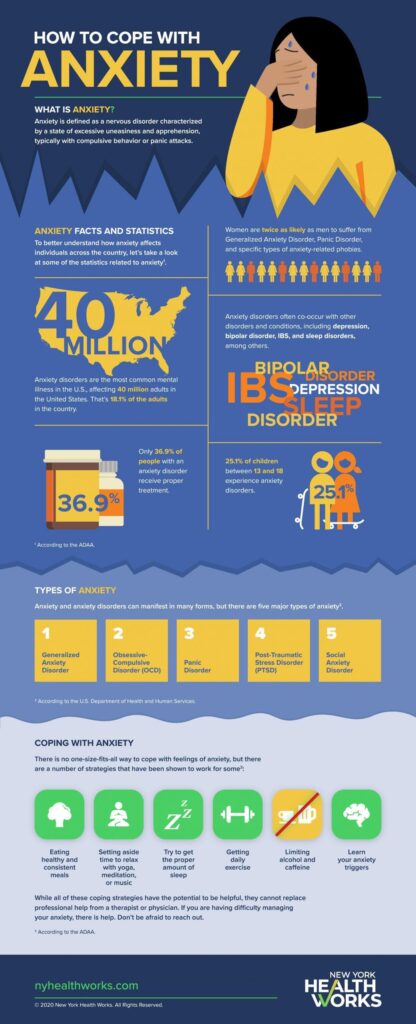Growing up, we frequently enough dismiss our childhood experiences as mere memories. But what if those seemingly innocuous moments with our parents or grandparents were quietly shaping our emotional landscape? In a captivating exploration of intergenerational emotional patterns, we dive into seven common behaviors that might have unknowingly planted the seeds of anxiety in your adult life. From overprotective parenting to subtle interaction styles, these childhood interactions could be the invisible architects of your current psychological framework. Prepare to unravel the complex tapestry of familial dynamics and understand how the echoes of past interactions resonate through your present-day emotional responses. Childhood experiences shape our emotional landscape, and certain parental behaviors can cast long shadows into adulthood. Silent criticism, constant comparisons, and unpredictable emotional environments can create deep-seated anxiety that persists long after we’ve grown.Perfectionism frequently enough emerges when parents consistently set impossibly high standards.Every achievement was met with “You could have done better” or subtle disappointments that whispered you were never quite enough. These messages internalize, creating an adult who constantly second-guesses their capabilities and lives with perpetual performance pressure.
Emotional volatility in the home creates a hypervigilant nervous system. When parents’ moods swing dramatically without warning, children learn to walk on eggshells, developing an intense sensitivity to potential emotional threats. This survival mechanism transforms into generalized anxiety, where every interaction feels like navigating a minefield.
Conditional love breeds profound insecurity. When affection feels transactional – dependent on grades, behavior, or meeting specific expectations – children develop a fundamental belief that they must continuously earn worthiness. This translates into adult relationships characterized by persistent fear of abandonment and constant people-pleasing.
Overprotective parenting paradoxically generates more anxiety. Constant warnings about potential dangers, excessive monitoring, and preventing age-appropriate risks signal to children that the world is fundamentally unsafe.These internalized messages create adults who struggle with decision-making and view opportunities through a lens of potential catastrophe.
Unresolved family conflicts and chronic tension contribute considerably to anxiety development. Witnessing unaddressed arguments, silent treatments, or persistent underlying familial stress teaches children that relationships are inherently unstable and unpredictable.
Lack of emotional validation during childhood creates adults who struggle to understand and process their own feelings. When emotions were dismissed or minimized, individuals learn to distrust their emotional experiences, leading to complex psychological patterns of self-doubt and emotional suppression.
Intergenerational trauma transmission plays a crucial role. Parents carrying unprocessed emotional wounds often unconsciously transfer those experiences,creating a cycle of anxiety that transcends generations. Unhealed psychological patterns get quietly passed down, shaping familial emotional landscapes.
Understanding these dynamics doesn’t mean blaming parents but recognizing how childhood experiences form psychological blueprints. Recognizing these patterns is the first step toward healing, allowing individuals to consciously reshape their emotional responses and break generational cycles of unprocessed anxiety.
Professional therapy, self-compassion practices, and developing emotional intelligence can transform these deeply ingrained patterns, offering hope for creating healthier, more balanced emotional experiences.


